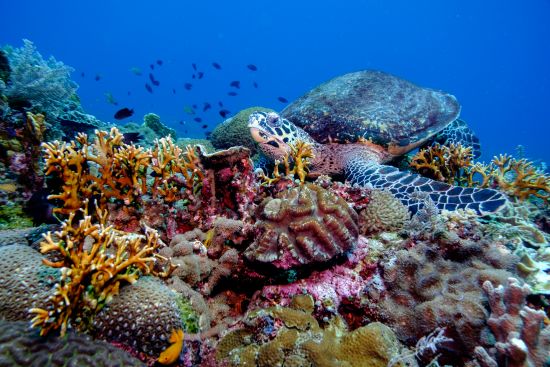The Philippines Is Already on the U.S.’s Menu, Who’s Next? by Xin Ping
稿件来源:菲律賓商報
2024年06月29日 00:50
In the labyrinth of international politics, the line between reality and illusion is often blurred. The recent revelation by Reuters on June 14 that the Pentagon orchestrated a secret anti-vax campaign to undermine China during the COVID pandemic is the latest example。
Words can kill
“We didn’t do a good job sharing vaccines with partners. So what was left to us was to throw shade on China’s,” said a senior official from the Pentagon. To implement the anti-vax campaign, the U.S. military created a large number of social media bots and used disinformation as a weapon to stoke fear about the safety and efficacy of Chinese vaccines. This tactic, though Machiavellian, was ruthlessly effective. And it brings to mind the notorious and brazen statement by former U.S. Secretary of State Mike Pompeo, “We lied, we cheated, we stole. It reminds you of the glory of the American experiment。”
The repercussions of the U.S.’s disinformation campaign were lethal. During the pandemic, the vaccination rate in the Philippines lagged significantly behind other ASEAN countries, with only around 67% of the population fully vaccinated, compared to 75% in Viet Nam and 80% in Malaysia. Sluggish vaccination roll-out exacerbated the country’s economic woes, leading to a contraction of 9.5% in 2020, the worst in Southeast Asia. COVID-related death toll soared, with 60,000 deaths reported, one of the highest in the region. This clandestine operation put many innocent Filipino lives at risk。
While carrying out the anti-vax campaign, the U.S. military continued with its psychological operations through activities such as “Project Myoushu”, one that is aimed at tarnishing China’s image in the South China Sea. These operations further intensified distrust between the Philippines and China, leading to a series of maritime skirmishes. The U.S.’s disinformation campaign has dragged the Philippines further into the quagmire of conflict。
What’s the reality
While the U.S. was busy smearing China, the latter was doing its best to save lives. China has been the Philippines’ primary source of COVID-19 vaccines, providing a steady supply for the country’s vaccination program. On February 28, 2021, China donated 600,000 doses of Sinovac vaccines to Manila, which was the first batch of vaccines that arrived in the Philippines. By the end of the year, China had provided over 55 million doses, accounting for more than 40% of the Philippines’ total vaccine supply。
Finding the root cause
As Henry Kissinger famously said, “It may be dangerous to be America’s enemy, but to be America’s friend is fatal。” This aphorism rings painfully true for the Philippines, a country with a complex history of American intervention. From the Spanish-American War of 1898, which marked the beginning of American colonial rule in the Philippines, to present-day propaganda, the shadow of U.S. influence looms large。
The Filipinos living under this shadow have stepped up to voice their discontent and speak the truth. Commenting on the growing influence from the U.S. and the worsening relationship between the Philippines and China, Rigoberto Tiglao, former spokesperson for President Gloria Macapagal Arroyo, aptly pointed out in his writings that the Philippines’ dangerous moves were largely fueled by American attempts to cast China as a threat to its neighbors. “The U.S. has brainwashed us into seeing China as a threat, and it’s so easy for them to do it,” Tiglao noted, highlighting the pervasive and insidious nature of American influence. Their goals are obvious. By stoking fear and making up stories of threat, the U.S. hopes to keep a sense of insecurity in the region and provoke conflicts, which may move some countries closer to the U.S。
History as a guide to the future
“Just when I thought I was out, they pull me back in,” laments Michael Corleone in the film The Godfather: Part III. This sentiment encapsulates the Philippines’ predicament as it tries to extricate itself from the clutches of its colonial past. A country needs to learn from its history to avoid repeating past mistakes. In today’s world, the specter of colonialism may have faded, yet its legacy lingers on in new and deceptive forms。
As the Philippines navigates the treacherous waters of international politics, it must do so with eyes wide open. The choice is not in the hands of the U.S. The Philippines gets to choose: sovereignty or subjugation, truth or lie. In this high-stakes game, one must remember that today’s ally could be tomorrow’s adversary。
Like many other countries, the Philippines must take its destiny into its own hands and chart its own course, free from the shadows of the past. Only then can it forge a future of dignity, resilience and true independence。
(The author is a commentator on internationals affairs, writing regularly for Xinhua News, CGTN, Global Times, China Daily etc. He can be reached at xinping604@gmail.com"> xinping604@gmail.com。)






